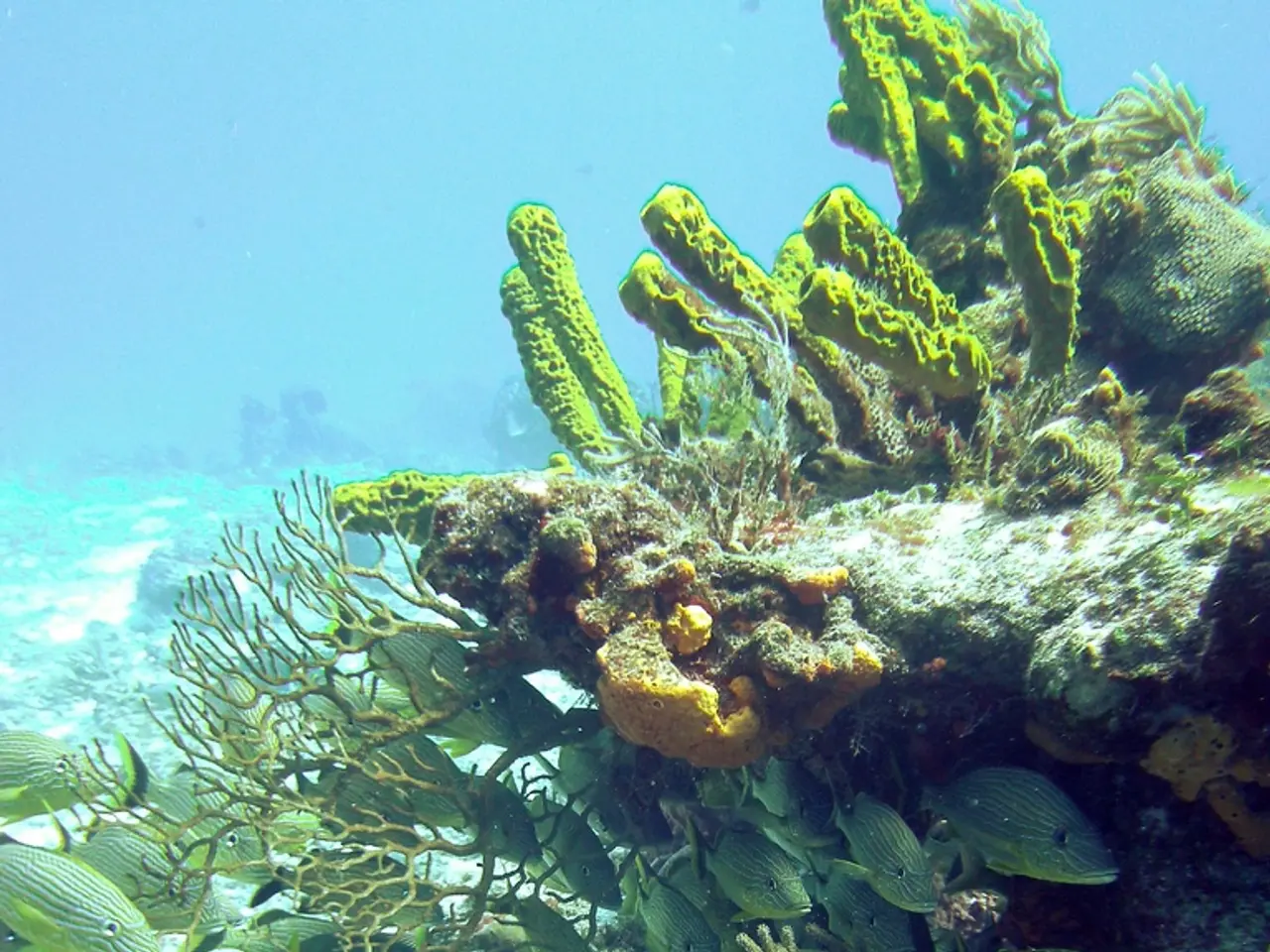Federal Government Provides Financing to Ten Researchers at the University of California, San Diego for Instrumentation Development
UC San Diego Researchers Receive DURIP Awards for Dual-Purpose Oceanographic Tools
Ten researchers from the University of California, San Diego (UC San Diego) have been awarded grants from the Defense University Research Instrumentation Program (DURIP). These grants will fund the development of oceanographic tools that serve both specific military applications and long-term societal benefits.
The awards continue a long-standing collaboration between UC San Diego and the U.S. Navy, a relationship that dates back to the years immediately prior to World War II. This collaboration has been instrumental in advancing oceanographic research and technology, with notable contributions such as the development of wind forecasts to select favorable surf and swell conditions for amphibious assaults on Nazi positions.
Military Applications
The DURIP-funded tools will enhance the military's ability to monitor and track undersea threats, such as submarines, underwater mines, and unmanned vehicles. This is crucial for maintaining maritime security and operational advantage.
Improved acoustic sensing is another key benefit, as many DURIP-funded tools will analyze sound propagation in complex ocean environments, aiding in anti-submarine warfare and mine detection.
Environmental awareness for naval operations will also be significantly improved, with the tools providing precise data on ocean temperature, salinity, currents, and seabed topography. This data is vital for planning naval missions and ensuring safety and effectiveness in diverse and dynamic marine environments.
The instruments will also contribute to the development and validation of autonomous underwater vehicles (AUVs) and unmanned systems used by the military for surveillance, reconnaissance, and mine countermeasures.
Long-term Societal Benefits
In addition to their military applications, these tools will enable more accurate and comprehensive oceanographic research, contributing to a better understanding of ocean dynamics, climate change impacts, and marine ecosystems.
They will also help monitor ocean health, track pollutants, and assess the effects of environmental changes, supporting conservation efforts and sustainable use of marine resources.
Enhanced ocean data collection will aid in predicting tsunamis, storm surges, and other marine-related natural disasters, thereby improving preparedness and reducing risks to coastal populations.
The insights gained from these tools will also assist fishing, shipping, and offshore energy industries in optimizing operations while minimizing environmental impacts.
Finally, the research will foster the development of new technologies and train the next generation of ocean scientists and engineers, contributing to broader scientific and technological progress.
UC San Diego Chancellor Pradeep K. Khosla stated that these awards will enable significant advancements with immediate military applications and long-term societal benefits. Rep. Scott Peters and Rep. Susan Davis have also congratulated the award recipients.
Some of the researchers who received awards include Ken Melville, Drew Hall, Peter Worcester, Eric Terrill and Sophia Merrifield, Bruce Appelgate, Peter Gerstoft and Mark Wagner, and Farhat Beg. Uwe Send's lab also received funds for underwater acoustic data telemetry.
- The oceanographic tools developed by UC San Diego researchers with DURIP grants, though primarily designed for military applications such as submarine and mine detection, also contribute significantly to environmental-science, aiding in the understanding of ocean acidification and monitoring marine biology.
- As these tools enhance the military's ability to gather data on ocean temperature, salinity, currents, and seabed topography for navigational purposes, they also provide an opportunity for scientific education and self-development in marine biology and technology, benefiting future generations of marine scientists and engineers.
- Apart from having a strong impact on the military sector, these innovative tools will also influence finance and the economy by improving prediction models for marine-related natural disasters, thus reducing potential financial losses for coastal communities and industries such as fishing, shipping, and offshore energy.




